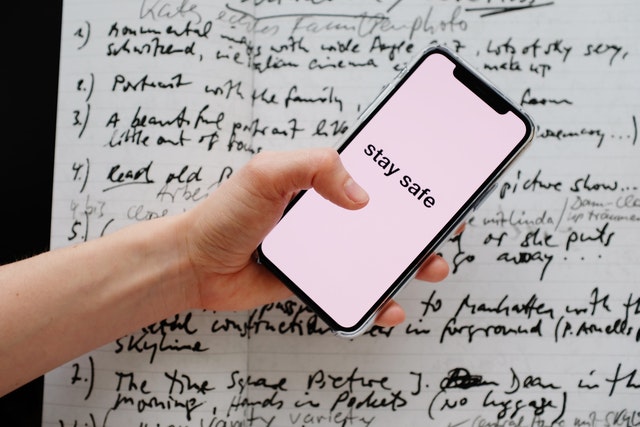Mobile Security
Magnus team has managed the Mobile Security posture of federal agencies both from a policy management / device management (Mobile Device Management) and mobile application vetting perspective. Magnus engineers have worked extensively with The Lookout and IBM MaaS 360 tool suites to deliver this service.
–
In a recent case study, our Mobile Security engineering team is responsible with mobile secure communications and monitoring of security technologies of 10,000+ devices and have tested and vetted hundreds of applications both on the iPhone and Android platforms. This includes configuration management, application IT security, identity and access management, device management, log analysis, storage management, and remote access for all devices managed.
–
In addition, Magnus Digital Forensic Engineers have the knowledge and subject matter expertise to provide detailed reports to management to reveal what occurred to bring a device under the umbrella of a forensic investigation. In cases where an Executive Summary is needed for VIP or senior level management, MAGNUS Forensic Engineers have ability to present the details in a manner that is easily digestible for senior management. In the instance where a deep technical description is needed, MAGNUS Forensic Engineers have the knowledge and experience to present the findings in a detailed manner. As forensic investigations and e-discovery becomes more important both in government, corporate, and the private sectors, MAGNUS Engineers continue to stay up to date with processes, challenges, new tools, and changes as they come about.








